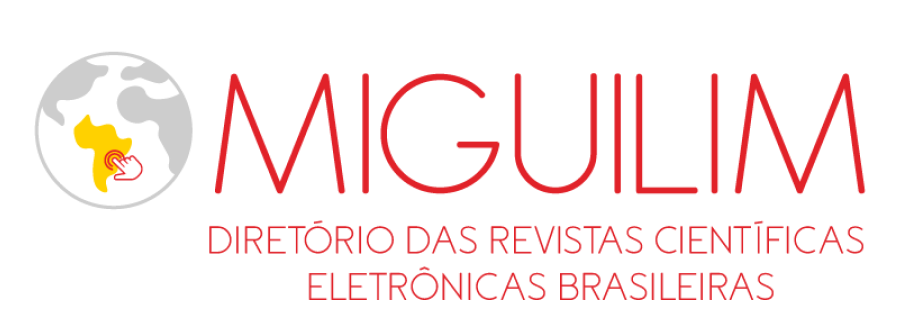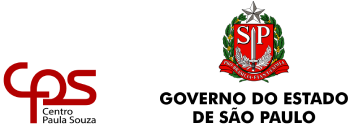A study of the influence of investigative work on learning and maintenance performance of thermal machines
DOI:
https://doi.org/10.5281/zenodo.15531185Keywords:
Active methodology, Investigative work, Performance., LearningAbstract
This work was realized with the forth group of undergraduate students in the Industrial Maintenance Technology, in the discipline of Maintenance of Thermal Machines. The purpose of this text was to study the influence of adoption of active methodologies on learning and on performance evaluation of undergraduate students. The methodology applied consisted of proposing the elaboration of an investigative work by students, whose researched theme
required a presentation as soon as the determined time for work was finished. In order to evaluate the presentations examination benches were designed, which were composed by students of this own discipline. As a result, one can verify a significant improvement of performance and, consequently, of learning by students, comparatively with the two first groups of students of this discipline. We concluded that incentive for research and to grant to students the responsibility to share knowledge and to evaluate the colleagues, the efforts in the studies is intensified, what impacts in a positive way in their learning and performance.
Downloads
References
BELL, S. Project-based learning for the 21st century: Skills for the future. The Clearing House, 83, 39-43, 2010.
DOYLE, K. O. & L. I. CRICHTON. Student, peer, and self evaluations of college instructors. Journal of Educational Psychology, 70, 815, 1978.
FERNANDES, S., M. A. FLORES & R. M. LIMA. Students' views of assessment in project-led engineering education: findings from a case study in Portugal. Assessment & Evaluation in Higher Education, 37, 163-178, 2012.
FRY, H., S. KETTERIDGE & S. MARSHALL. A handbook for teaching and learning in higher education: Enhancing academic practice. Routledge, 2008.
KRAJCIK, J. S. & P. C. BLUMENFELD. Project-based learning. na.
Mioduser, D. & N. Betzer (2008) The contribution of Project-based-learning to high-achievers’ acquisition of technological knowledge and skills. International Journal of Technology and Design Education, 18, 59-77, 2006.
MORGAN, W. D., VASCH, XE & J. DAVID. An Educational Production Function Approach to Teaching Effectiveness and Evaluation. The Journal of Economic Education, 9, 123-126, 1978.
PALMER, J., G. CARLINER & T. ROMER. Leniency, learning, and evaluations. Journal of Educational Psychology, 70, 855, 1978.
RAMIRES, F., M. MARTINS, M. CUNHA & A. C. ALVES. Different structures of projects in engineering: the perspective of freshmen students. In 8th International Symposium on Project Approaches in Engineering Education and Active Learning, 2016.
TSENG, K.-H., C.-C. CHANG, S.-J. LOU & W.-P. CHEN. Attitudes towards science, technology, engineering and mathematics (STEM) in a project-based learning (PjBL) environment. International Journal of Technology and Design Education, 23, 87-102, 2013.
UTTL, B., C. A. WHITE & D. W. GONZALEZ. Meta-analysis of faculty's teaching effectiveness: Student evaluation of teaching ratings and student learning are not related. Studies in Educational Evaluation, 54, 22-42, 2017.
Published
How to Cite
Issue
Section
Copyright (c) 2019 Revista Processando o Saber

This work is licensed under a Creative Commons Attribution 4.0 International License.
Os direitos autorais dos artigos publicados pertencem à Revista Processando o Saber e seguem o padrão Creative Commons (CC BY), que permite o remixe, adaptação e criação de obras derivadas do original, mesmo para fins comerciais. As novas obras devem conter menção ao(s) autor(es) nos créditos.























